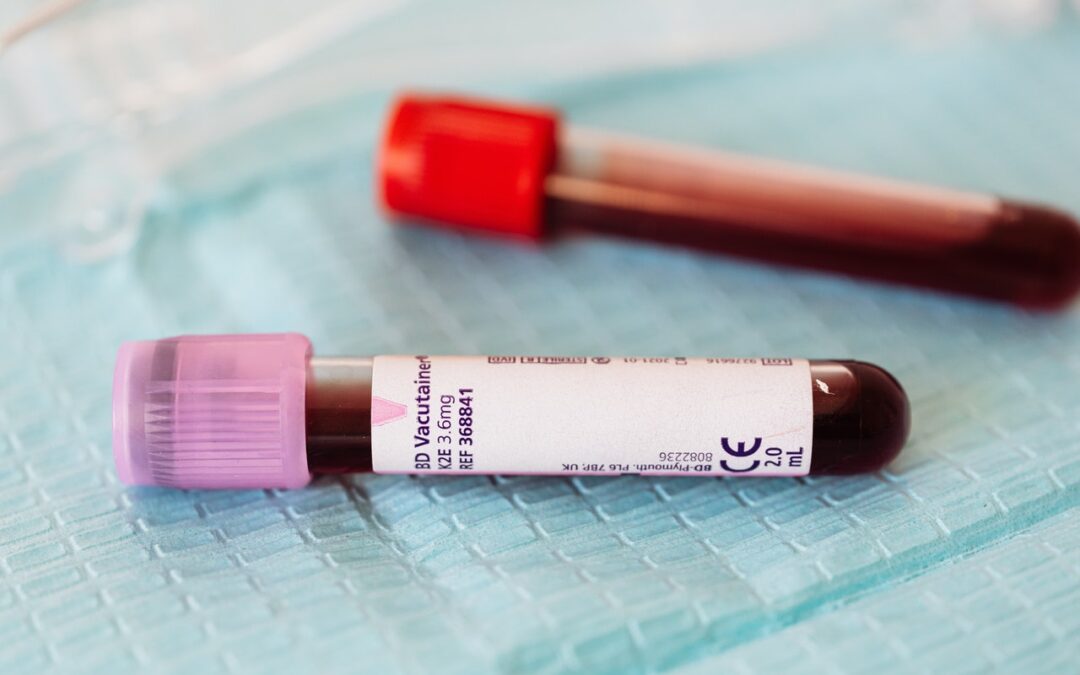Blood tests can interfere with the results of a patient’s blood test. If you’ve eaten before a blood test, the foods and/or drinks can spike your blood sugar levels. This can make it hard for the physician to properly diagnose a patient using the blood test. This is why it is critical to fast before getting a blood test.
However, there is more than one type of blood test. Knowing this, which blood tests should you fast for and which ones do not require this? This blog aims to answer this question.
Which Blood Tests Require Fasting? What You Need to Know
When you have an appointment to have a blood test, it is best to fast from the morning until the time you arrive at the lab. This is to ensure that your physician has accurate results. Blood tests can be done on your blood, or you can have blood drawn for the test.
There are various screening blood tests that require you to fast. This includes, but is not limited to:
1 – Blood Glucose Test
This test is done to see if there is a high or low level of glucose in your blood. To fast properly for this test, you should avoid eating anything or drinking any liquids that have calories in them.
2 – Gamma Glutamyl Transferase (GGT)
This test is used to determine whether a liver condition is present in a person. To fast properly for this test, you should avoid eating anything with protein in it, such as meat and eggs. You should also avoid alcohol.
3 – Liver Function Test
This test is used to determine whether there are any functioning issues in a person’s liver. To fast properly for this test, you should avoid eating or drinking anything that contains protein.
4 – Lactose Tolerance Test
This test is used to determine if a person is lactose intolerant. To fast properly for this test, you should avoid eating dairy products or drinking milk.
5 – Uric Acid
This test is done to check if there is an excess level of uric acid in your blood. To fast properly for this test, you should avoid eating foods that are high in purines. This includes liver, organ meats, and anchovies.
6 – Vitamin B-12
Vitamin B-12 is a type of vitamin that is essential to maintaining good health. A Vitamin B-12 blood test is done to determine the level of B-12 in a patient’s blood. This test requires you to have a fasting period prior to the test. During this time, you must avoid eating foods that are rich in Vitamin B-12. This includes beef liver and fish. A person who is taking B-12 supplements should avoid taking this drug for at least 24 hours before the test. This also applies to people who have been taking B-12 for a long period of time.
Conclusion
The above list is not exhaustive. There are other blood tests, aside from the ones mentioned above, that require you to fast before you take the test. These are some of the most commonly used ones. It is always a good idea to ask your physician or the lab technician if it is necessary to fast before your blood test. It is up to the individual to decide whether or not they want to fast. Sometimes, a person might want to eat beforehand. It is important to understand what the fasting period requires of them. By knowing this, they can decide whether they should fast or not. Some people might not be able to fast. This is especially true for people who have certain diseases and illnesses.
If you need annual health exams in Troy, come to Family Medicine and Wellness. We believe that health and wellness are of utmost importance for well-being and are attained through a personalized patient-physician relationship. Dr. Al-Misky believes in a strong, trustworthy, and confidential patient relationship and is committed to effective communication and shared decision-making.



Recent Comments